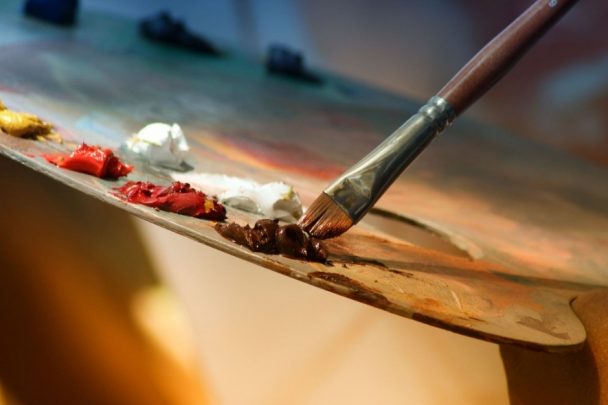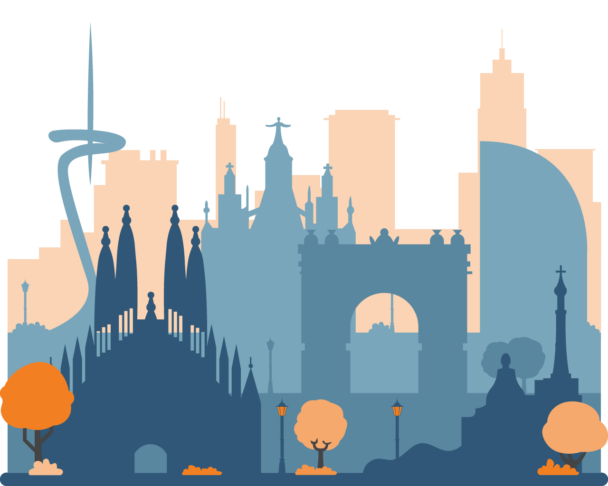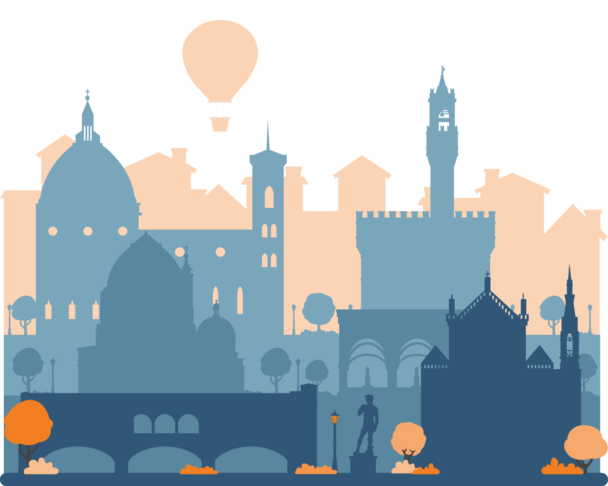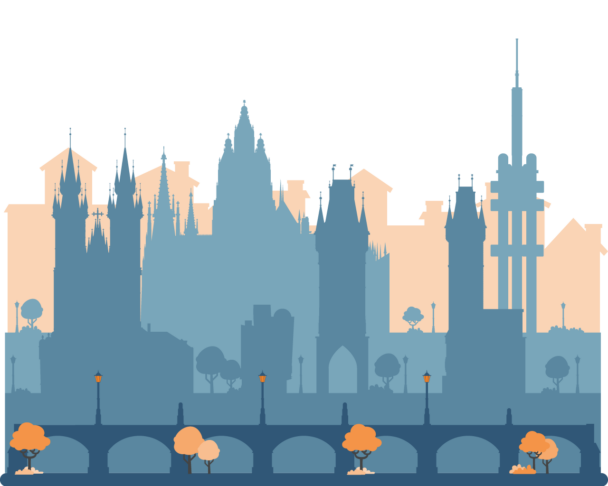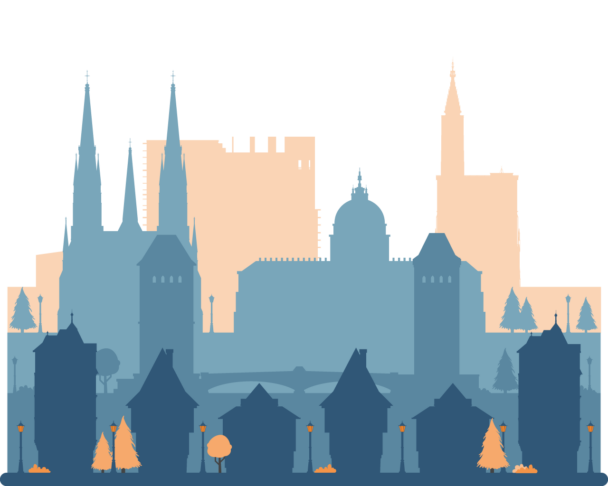Description
In our increasingly mobile world – with environmental factors, poverty, and civil unrest spurring large-scale migration – communities are seeing the arrival of new populations, dealing with new socio-economic challenges, and sometimes facing growing sentiments of intolerance for the “other.”
As a result, today’s classrooms host students of mixed socio-cultural backgrounds (e.g., local students and migrant students newly arrived in the country, who do not speak the local language). Today’s teachers hold the responsibility to define and promote common values among diverse students in the classroom and the broader community.
This course offers strategies for the inclusion of people living on the margins of society via the universal language of the arts. Teachers will learn to use art as an accessible tool for integrating newly arrived migrant students in their classes, and for fostering cross-cultural dialogue and understanding.
Together, we will analyze the residual effects of trauma and relocation, discuss the health benefits of making art, and examine international arts initiatives currently working to integrate minorities and rebuild communities after a crisis.
We will also practice collaborative art forms requiring limited resources, from installation to performance (e.g., using found objects to tell a story, and practicing nonverbal forms of communication).
Through artistic expression, we will learn to transcend language and cultural barriers and work to better understand one another.
What is included
Learning outcomes
Participants in this course will:
- Experiment in varied art forms accessible to people of diverse cultural backgrounds and abilities – including migrants, immigrants, and refugees;
- Practice strategies for encouraging moral and emotional reflection and creative collaboration among students;
- Relate this year’s World Migration Report to their own teaching environments;
- Exchange project ideas and teaching tools with other education professionals to develop more effective and inclusive creative arts curricula.
Tentative schedule
Day 1 – Course introduction & terminology
Course introduction
- Introduction to the course, the school, and the external week activities;
- Icebreaker activities;
- Presentations of the participants’ schools.
Course terminology
- Defining: migrant, refugee, and asylum seeker;
- Brief overview of the World Migration Report, focusing on the current situation in Europe;
- Sharing of personal stories or experiences with migration;
- Case studies demonstrating international efforts for the integration of minorities;
- Discussion: reflections on the idea of home.
Day 2 – Art for social inclusion
- Barrier analysis and adaptive educational tools in the arts;
- Strategies for social inclusion of the most vulnerable;
- Youth educators and sustainable development;
- Empowering students to teach fellow students;
- Exchange of ideas: individual art-making activities for self-expression.
Day 3 – Art as therapy
- Understanding trauma: Art as therapy and health benefits of making art;
- Imagination and creative process as acts of survival;
- Art-making activity: installation.
Day 4 – Art in the community
- Socially-engaged artists and artworks;
- Universal Design for Learning (UDL) framework;
- Exchange of ideas: collaborative art activities for building community.
Day 5 – Securing arts funding
- Arts for small-scale income generation;
- Group brainstorm: applying for arts funding;
- Art-making activity: performance.
Day 6 – Course closure and cultural activities
- Course evaluation: round-up of acquired competencies, feedback, and discussion;
- Awarding of the course Certificate of Attendance;
- Excursion and other external cultural activities.
